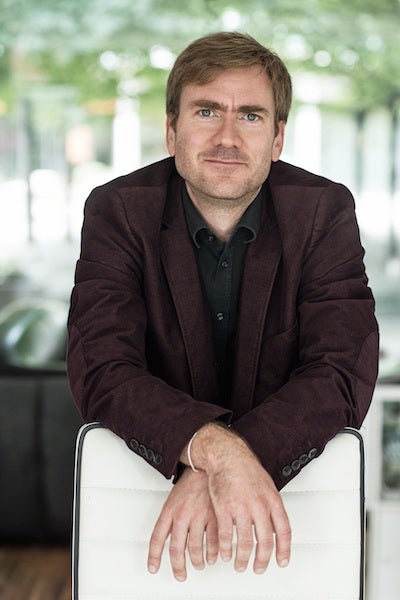Bernd-Christian Otto
CAS-E Centre for Advanced Studies - Erlangen | Alternative Rationalities and Esoteric Practices from a Global Perspective
Universität Erlangen-Nürnberg
Bernd-Christian Otto is a scholar of religion located at the Friedrich-Alexander-Universität Erlangen-Nürnberg (FAU), Germany. His research focuses on magic and esotericism, where he combines different methodologies such as conceptual history, discourse analysis, social theory and ritual studies. He has a broad expertise in the history of “Western learned magic,” and is, since a few years, particularly interested in its modern and contemporary manifestations (‘magick’). Otto is co-founder and one of the research coordinators of the Center for Advanced Studies — Alternative Rationalities and Esoteric Practices from a Global Perspective — at FAU; he is a board member of the European Society for the Study of Western Esotericism; and he is the scientific director of the Research Network for the Study of Esoteric Practices (RENSEP).
His book publications include Defining Magic: A Reader (Routledge 2013), co-edited with Michael Stausberg; the duograph Magical Manuscripts in Early Modern Europe: The Clandestine Trade in Illegal Book Collections (Palgrave MacMillan 2017), co-authored with Daniel Bellingradt; and the anthology Fictional Practice: Magic, Narration and the Power of Imagination (Brill 2021), co-edited with Dirk Johannsen.
A Practice of the Impossible? Pondering the Peculiarities of Modern Sigil Magick
So-called ‘sigil magick’ is one of the most widespread and straight-forward practices in modern western ritual magic. It was invented by Austin Osman Spare in the early 20th century (A Book of Pleasure, 1913) and revived from the 1970s onwards, first through Kenneth Grant (The Magical Revival, 1972) and thereafter through Chaos magicians such as Peter Carroll (Liber Null, 1978) or Ray Sherwin (The Book of Results, 1978). Today, sigils figure prominently in fantasy movies, series, comics and computer games, hence representing an important facet of modern occulture; and they continue to function as important ritual tools for a large number of practitioners. But how do sigils allegedly achieve the impossible? That is, how do they, according to practitioners, change the course of future live events by “bending” the probability of unlikely things to happen? This talk introduces into the theory and practice of modern sigil magick and combines a manual-oriented perspective with experience reports narrated by contemporary practitioners. Pondering the peculiarities of these reports, the talk will conclude with some agnostic remarks on the potential effects and efficacy of modern sigil magick.


